We all want to take care of the environment, but are you stuffing your recycling bin with things that have no business being in there? And are you throwing away stuff that you had no idea could actually be recycled? Check out this roster of 15 things that shouldn’t be placed in the recycling bin – and 10 surprising items that actually can be recycled. Note that the list of what will and won’t be accepted via curbside recycling can vary widely depending upon where you – some of these items may be OK for curbside collection in your area – so it’s always a good idea to check with your local district or municipality.
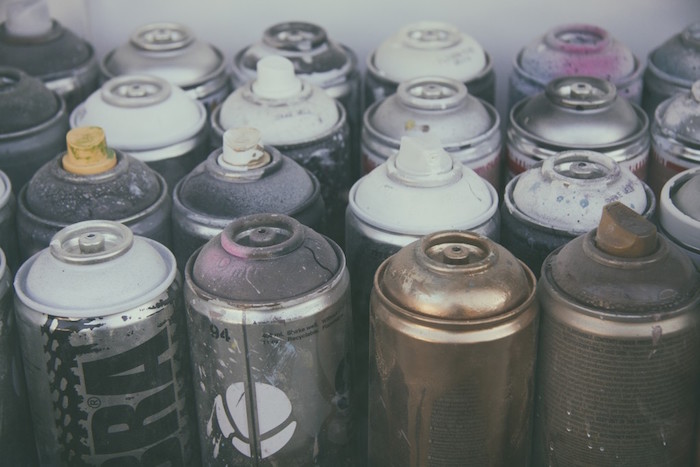
Don’t Recycle Aerosol Cans
Aerosol paint cans will be accepted in many recycling bins throughout Canada – but only if they’re completely empty. If even a tiny bit of paint remains, the cans will be considered hazardous waste, and will need to be brought to a facility that processes household hazardous waste. To ensure that any excess residue within an aerosol can is completely eliminated, hold down the nozzle and spray into an old rag until no sound can be heard, not even air. Only then is it safe to place in the bin.
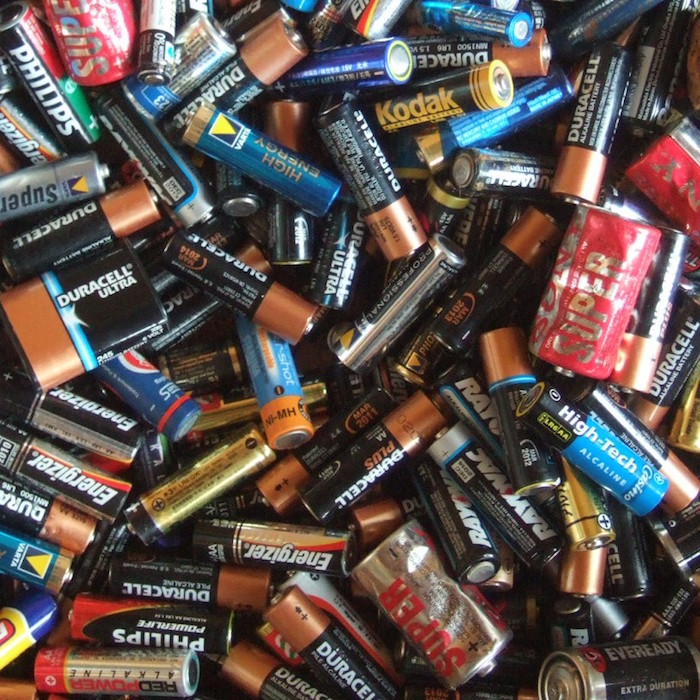
Don’t Recycle Batteries
A 2007 report by Environment Canada predicted that Canadians would throw away nearly 500 million batteries in 2010, which is a big problem, since batteries contain heavy metals that will eventually leak from corroded batteries, and then potentially leach from landfills into drinking water. So should batteries be recycled? Yes, but they shouldn’t be placed in the recycling bin; as a result, only about two per cent of batteries wind up being recycled. Batteries need to be brought to facilities that will accept old batteries, where they can be recycled into new batteries and other materials.
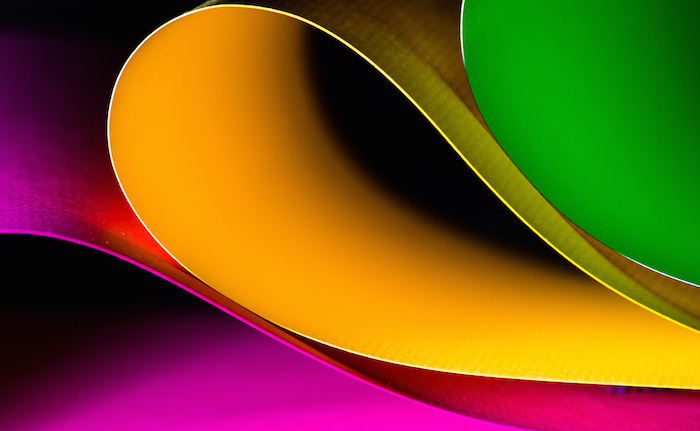
Don’t Recycle Brightly Coloured Paper
If you have brightly coloured paper, it should not be included in your curbside paper and cardboard recycling container. The reason is similar to why you should never throw a red sock into a washing machine full of white clothing: the dyes in the paper will taint the recycling process by adding unwanted colour to the new paper products being created from the old paper. Experts recommend the best thing to do with coloured paper is to compost it along with leaves and grass clippings.
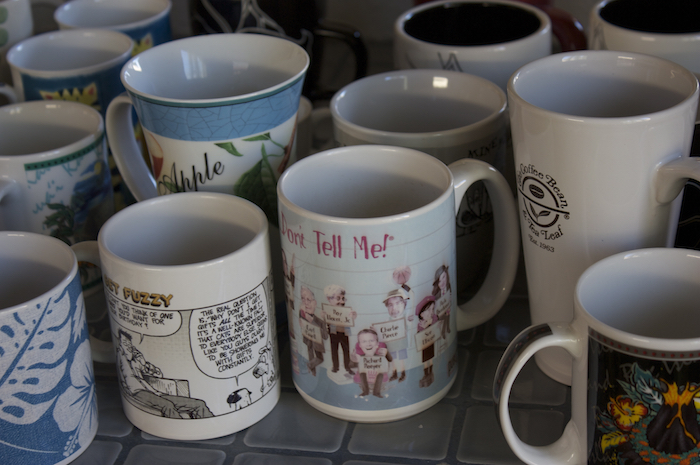
Don’t Recycle Pottery and Ceramics
Old ceramic coffee mugs, ceramic bathroom fixtures and terra cotta planting pots can be confusing items when it comes to recycling, as they’re not glass (so shouldn’t be included with glass recycling) and aren’t organic, so can’t be composted. While ceramic items are sometimes accepted by recycling facilities that accept old concrete and bricks, the best bet when getting rid of unwanted unbroken mugs and pots is to donate them to a local thrift store.
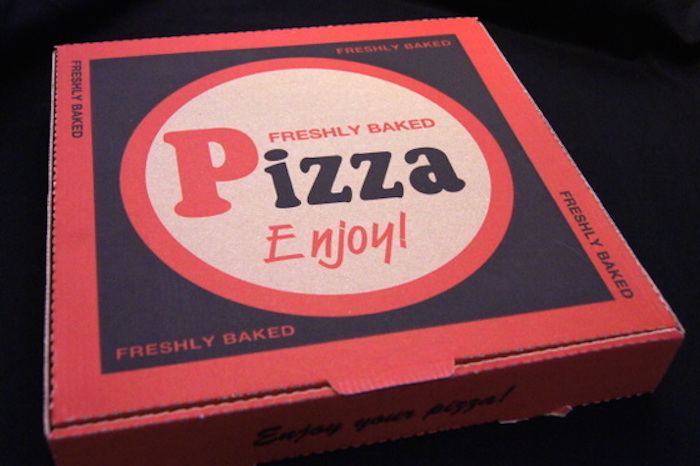
Don’t Recycle Pizza Boxes
Cardboard pizza boxes are a big no-no for recycling, because of the grease that becomes absorbed in the cardboard. When paper products, including cardboard, are recycled they are mixed with water transformed into a thick slurry. Grease from pizza boxes will cause oil to form at the top of the slurry, and oils can’t be separated from paper fibres during the pulping process. Unfortunately, the best way to get rid of pizza delivery boxes is to toss them in the regular trash.
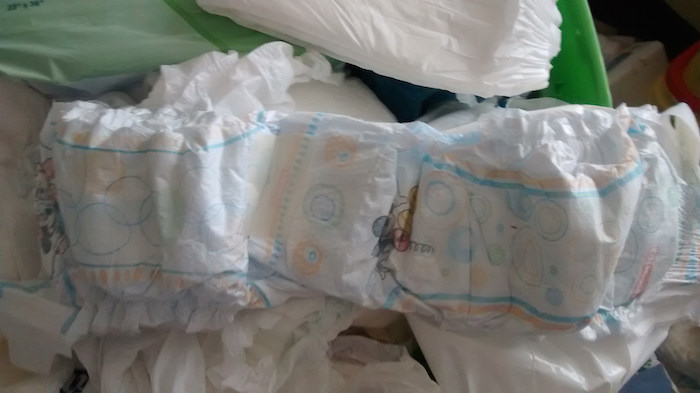
Don’t Recycle Disposable Diapers
Disposable diapers seem to be a modern necessity for parents of infants, but they were not designed to be recycled, nor can they be composted. As a result, disposable diapers are taken to landfills, where they continue to pile up. A solution may be at hand, however; a British recycling facility – the first of its kind – has started recycling disposable nappies, which are being transformed into such products as plastic roofing tiles.
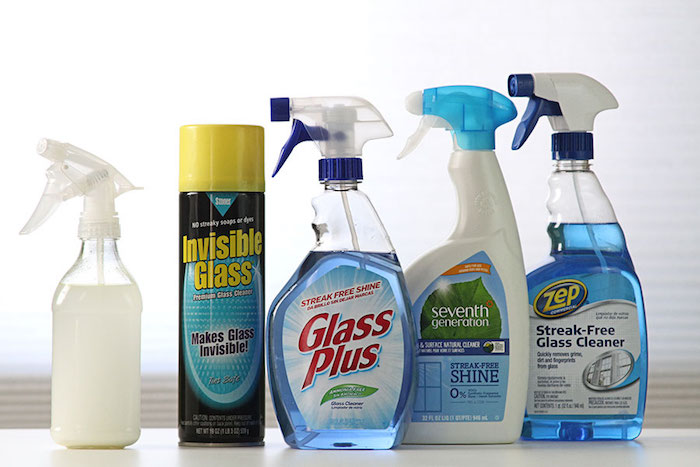
Don’t Recycle Household Chemicals
Household cleaning supplies and chemicals are deemed hazardous waste, and should never be left in a recycling bin, but neither should they just be poured down the drain, as they can corrode plumbing and will eventually make their way into waterways and oceans. Throwing away these materials in the trash is also not a viable solution, as they’ll eventually leach into the earth, contaminating soil and drinking water. As a result, most Canadian municipalities have special facilities where hazardous waste can be taken and safely disposed of.
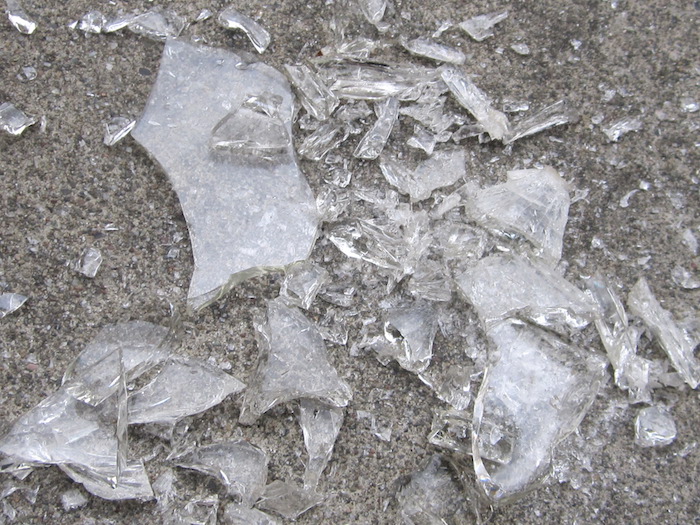
Don’t Recycle Windows or Broken Glass
While bottles and other glass items can be recycled at curbside, this isn’t the case for windowpanes, mirrors, light bulbs or any broken glass, which typically won’t be accepted as it poses a hazard to waste handlers. Window panes, drinking glasses and mirrors are often treated with chemicals, and have a different melting point than recyclable glass bottles, so shouldn’t be left in the same bin. To properly dispose of these items, check around to see if any reuse facilities will accept old windows, and seek out any local recycling facilities that may take broken glass.
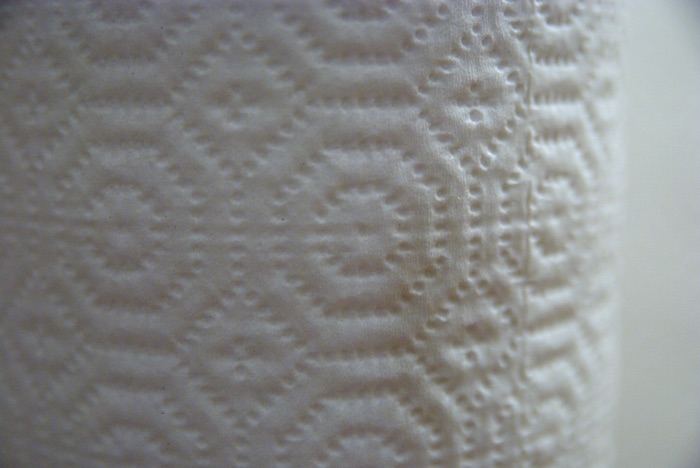
Don’t Recycle Paper Towels and Napkins
Paper towels and napkins can be recycled – and, in fact, are typically made from recycled paper – but after they’ve been used these items shouldn’t be placed in the recycling bin. The reason: food particles, etc. will wind up in the recycling process and contaminate the entire batch of previously uncontaminated paper. The best bet for used paper towels and napkins is add them to the compost heap, where they organic material will eventually break down.
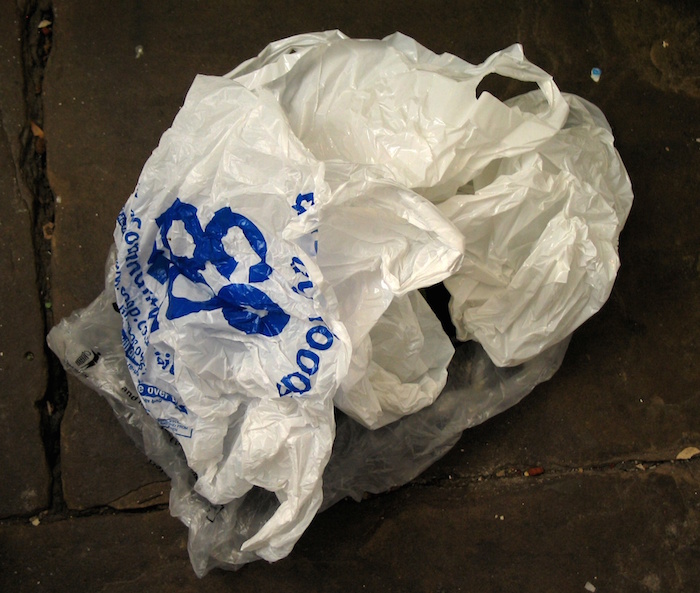
Don’t Recycle Plastic Shopping Bags
Can plastic shopping bags be recycled? Yes they can, but that doesn’t mean they can be placed in curbside recycling bins. These bags need to be processed an recycled in a specialized facility, and should be kept separate from other recyclable materials. However, some cities are experimenting with ways to make recycling plastic bags easier for consumers; for example, a pilot project in British Columbia between Multi-Materials BC and retailer London Drugs is experimenting with setting up depots in stores where customers can drop off old plastic bags and packing foam for recycling.
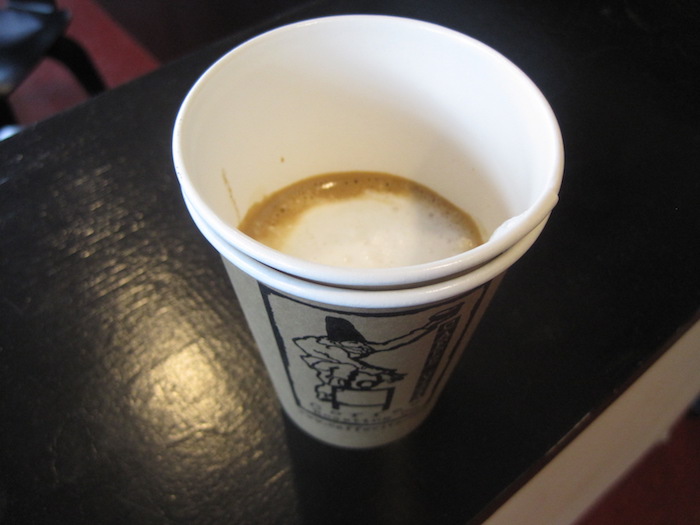
Don’t Recycle Paper Coffee Cups
That paper coffee cup should be able to be included with paper in the recycling bin, right? Wrong! These paper cups have a thin coating of plastic or wax, which will compromise the entire recycling system, which isn’t equipped to separate plastic from paper, which results in contamination and will ultimately result in lower-quality recycled paper.
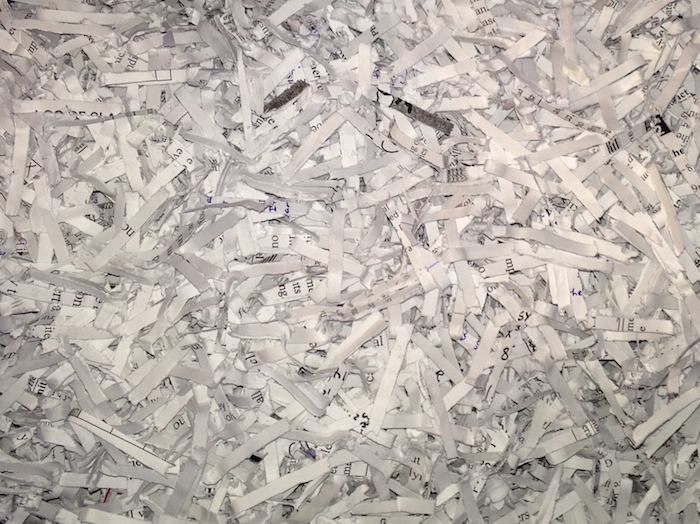
Don’t Recycle Shredded Paper
While shredded paper can be included in recycling bins in many Canadian municipalities, running paper through a shredder shortens its fibres and makes it less desirable for recycling. In addition, if you run an old credit card through a shredder and it winds up getting mixed in with other recycled paper, the plastic could wreak havoc on recycling machines. If you need to ensure confidential documents stay that way and MUST be shredded, there are companies throughout North America that will dispose of shredded paper at a reasonably low cost.
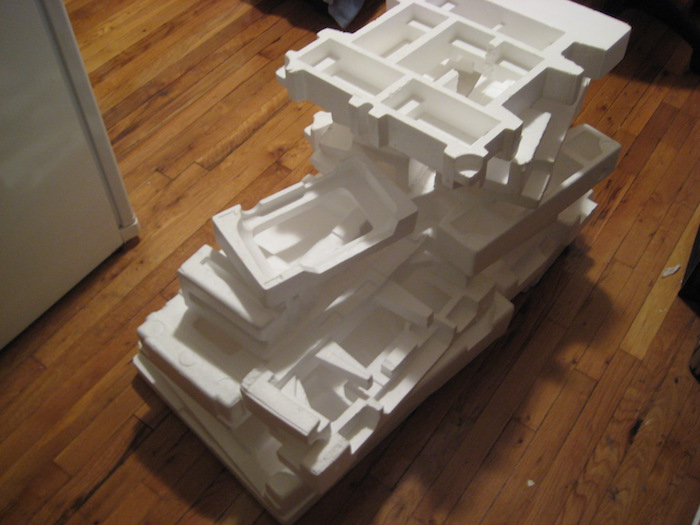
Don’t Recycle Styrofoam
Styrofoam cups, takeout food containers, packing material and other items will not be picked up with curbside recycling items, but also shouldn’t be added to regular trash, as these items will not decompose in landfills. Instead, check with local recycling centres, as many will accept Styrofoam for recycling. In fact, various cities are offering easier options for styrofoam recycling, such as Montreal’s pilot project that could eventually extend to curbside recycling.
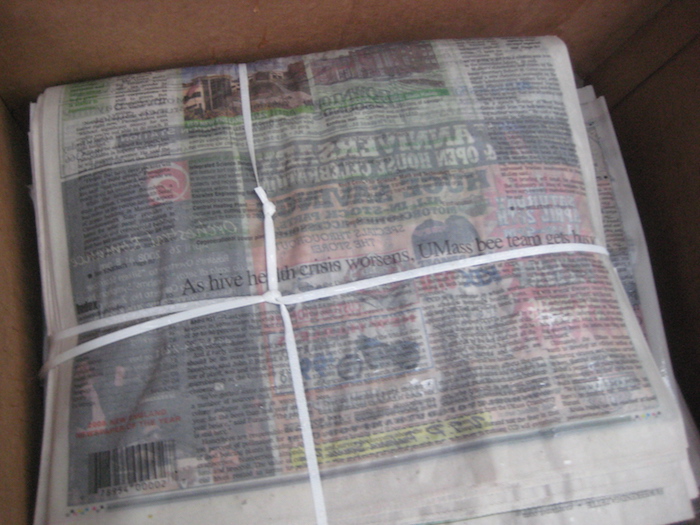
Don’t Recycle Wet Paper
If dry paper can be recycled – mixed with water to create a slurry of paper pulp – one would assume wet paper shouldn’t be a problem. Unfortunately that isn’t the case; wet paper is extremely problematic for recyclers, as moisture harms the paper fibres, making them brittle and unsuitable for recycling. That’s why wet paper should never be placed in recycling bins – although it can easily be composted.
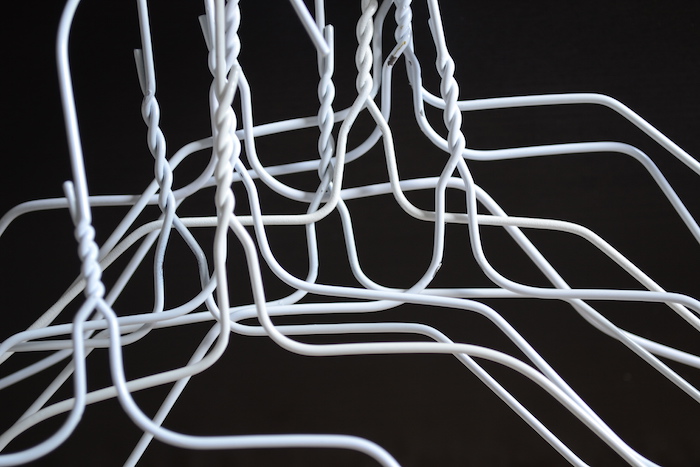
Don’t Recycle Wire Hangers
Wire hangers can be recycled, just not that easily, and shouldn’t be placed in curbside bins. Because of their low percentage of steel and odd shape – the hooks tend to get caught in recycling equipment – wire hangers are not that desirable for recyclers. However, many dry cleaners and thrift stores will accept old hangers for reuse.
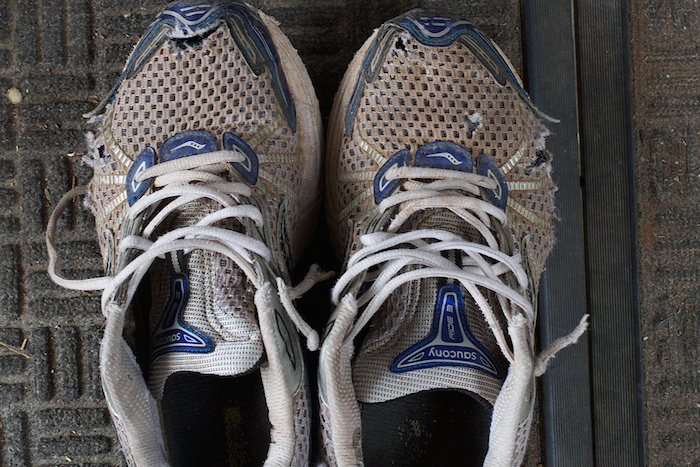
Do Recycle Old Sneakers
When it’s time to upgrade to a new pair of running shoes, if your old ones still have some life in them then they can be recycled thanks to organizations such as Running Free, which has liberated 100,000 pairs of shoes from Ontario landfills and donates still-wearable shoes to needy people throughout the world who can really use them.
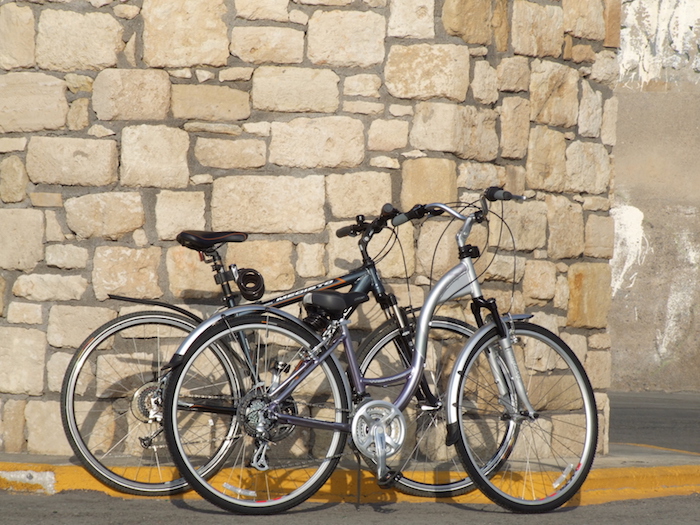
Do Recycle Bicycles
If you have an old bicycle you’re looking to get rid of, don’t haul it to the dump – instead, donate it to be recycled. There are numerous organizations throughout Canada (such as this co-op in Vancouver, and this one in Toronto) that will accept your old bikes. If they’re able to be and recycle the bike it will be reused; if not, it will be stripped for parts – win-win, and nothing winds up in the landfill!
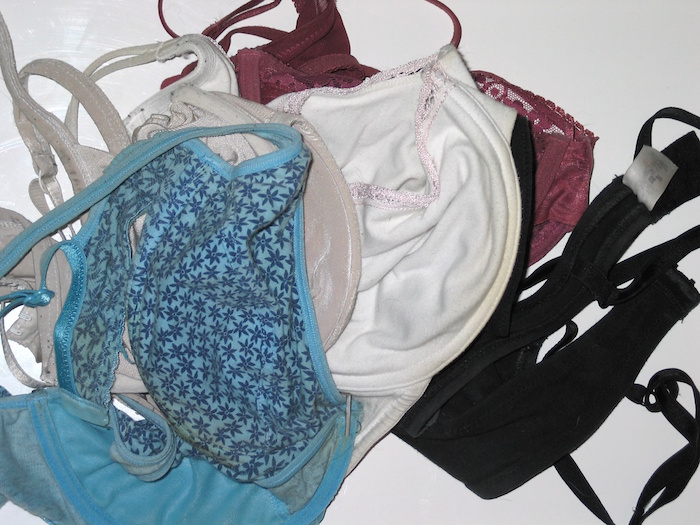
Do Recycle Bras
The average North American throws away 70 pounds of clothing each year, yet did you know that 95 per cent of textiles that wind up in landfills can actually be recycled? In the case of bras, check out these 10 different ways that brassieres can be recycled, from donating them to charity to organizations that recycle “gently used” bras for others to use, to getting crafty and turning an old bra into a bra purse or even a pet toy.
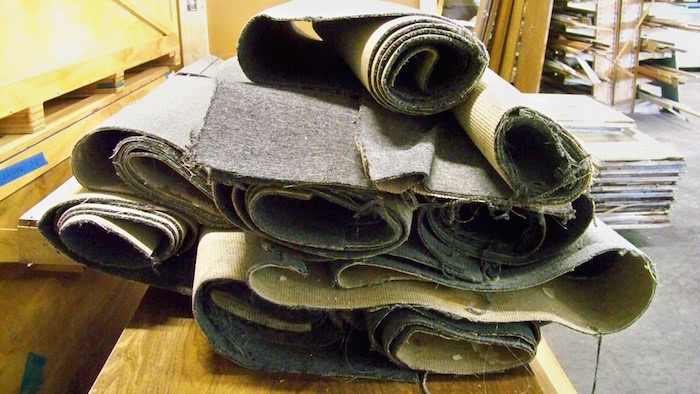
Do Recycle Carpeting
When ripping up an old carpet, don’¬t trash the carpeting – recycle it! Depending on the type of fibre, most carpeting can be broken down, with its materials recycled to manufacture other products, such as plastic resin or even new carpeting. Check with local carpet dealers who should be able to connect you with local recycling solutions.
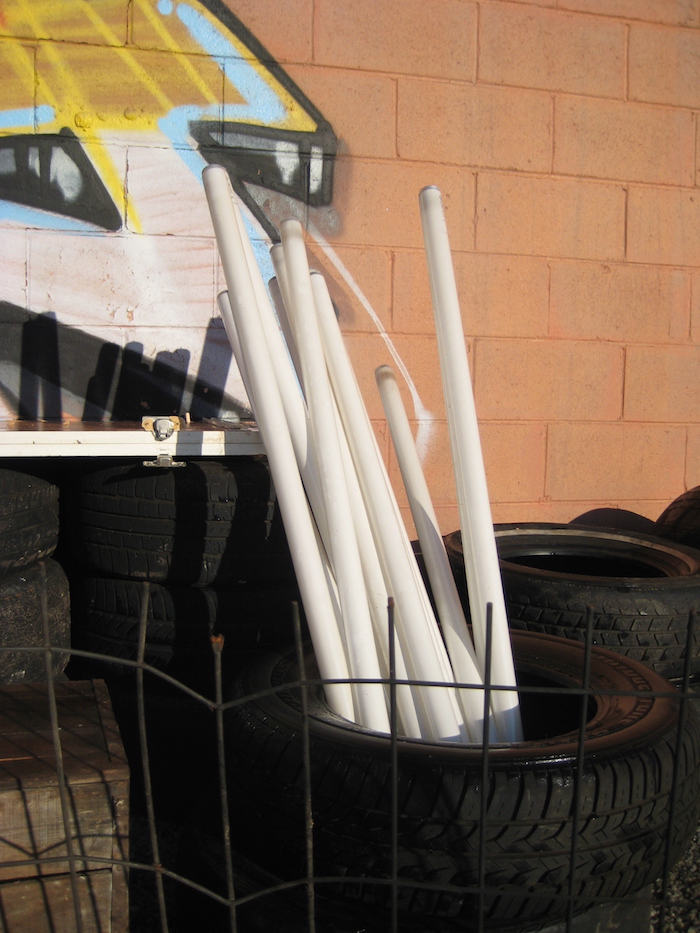
Do Recycle Fluorescent Bulbs
While fluorescent light bulbs shouldn’t be placed in the recycling bin along with glass bottles, they can be dropped off at recycling centres thanks to initiatives such as B.C.’s LightRecycle program, which has diverted more than 12.5 million lighting products from landfills since 2010, and even accepts 98 per cent of light bulbs containing mercury.
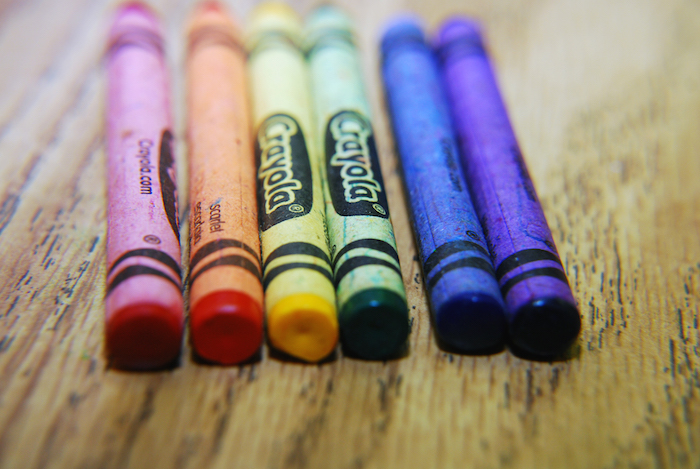
Do Recycle Crayons
Who knew that crayons can be recycled? They can, and organizations such as Crazy Crayons will accept old crayons (you can send them via mail) and will transform these “unwanted, rejected, broken crayons” into brand-new ones.
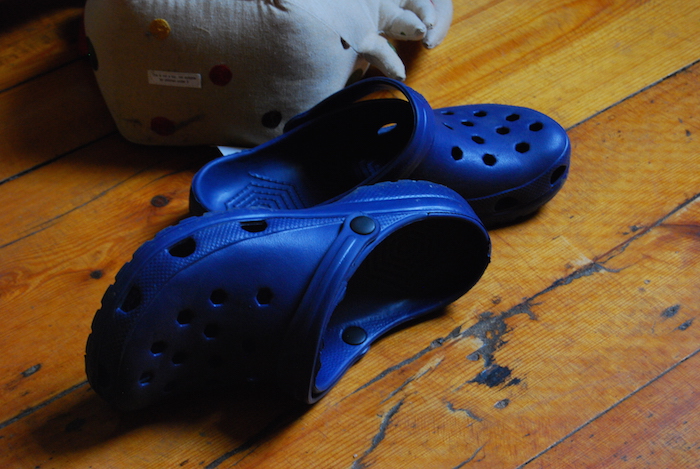
Do Recycle Crocs
If you have a pair of Crocs that you’re ready to part with, instead of sending them to the landfill you can actually recycle this utilitarian rubber footwear thanks to Crocs’ Soles United campaign, which will take your old footwear and bring them to people in dire need, such as earthquake survivors in Haiti or Masai schoolchildren in Kenya.
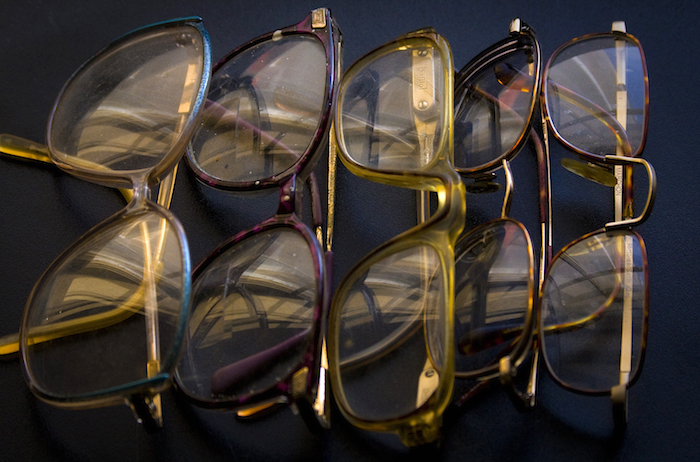
Do Recycle Eyeglasses
Unwanted eyeglasses can easily receive a second life and change the lives of people in Third World countries when they’re recycled instead of trashed. The David Suzuki Foundation offers a variety of ways your old glasses can be recycled through humanitarian aid groups.
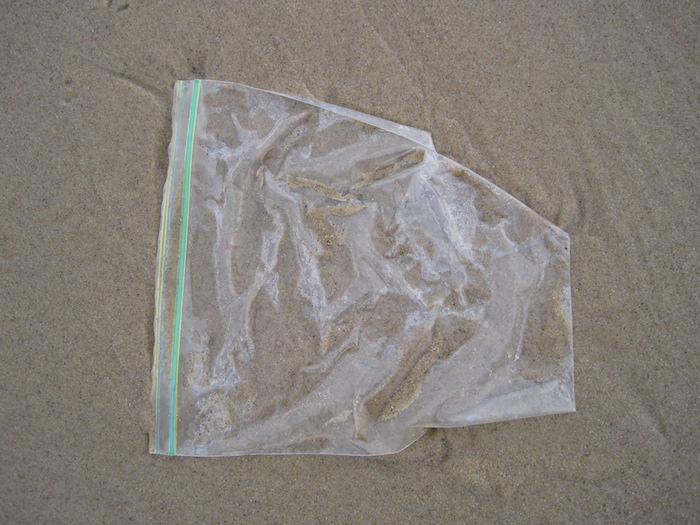
Do Recycle Resealable Sandwich Bags
Used sandwich bags shouldn’t wind up in landfills since they can actually be recycled, and will typically be accepted by recycling centres that recycle other types of film plastic, such as shopping bags, dry-cleaning bags and produce bags.
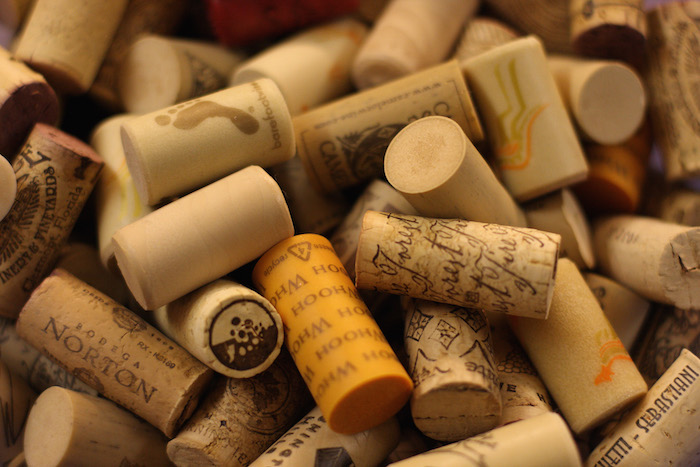
Do Recycle Wine Corks
One of the more surprising things that can be recycled are corks from wine bottles. However, groups such as Vancouver-based Put a Cork In It will accept used wine corks and send them to Canada’s only cork recycling facility, where the material is used in the production of cork underlay, cork flooring, acoustical cork wall tiles and even cork-based fabrics. Note that only corks made out of actual cork are accepted; however, synthetic corks can also be recycled, since they are made of #7 plastic (used for many plastic bottles) and will typically be accepted by recycling facilities that take #7 plastic.
HGTV your inbox.
By clicking "SIGN UP” you agree to receive emails from HGTV and accept Corus' Terms of Use and Corus' Privacy Policy.




